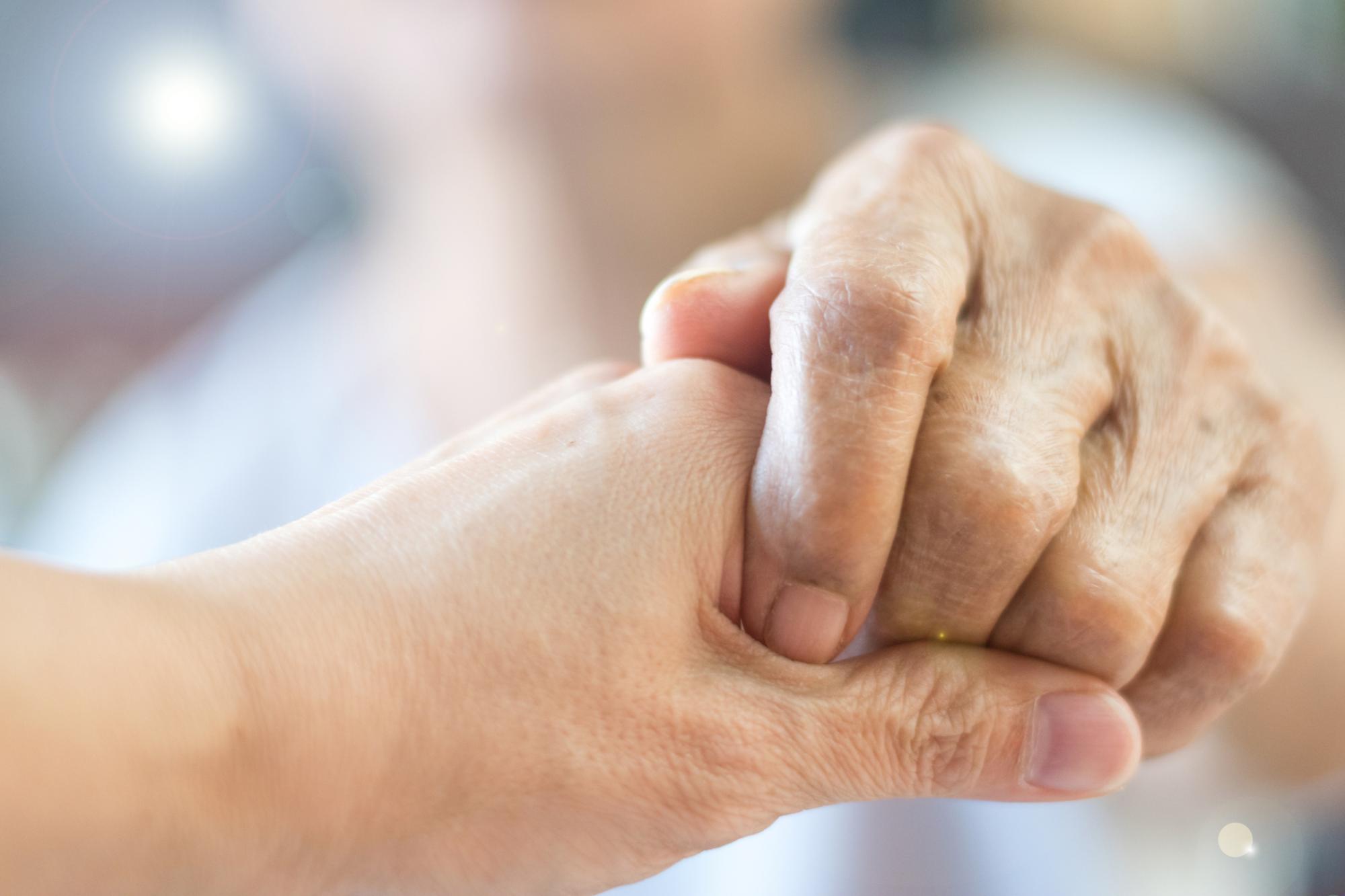Published April 28 2023
At some time, your role as a carer might end. You may have to adjust to changes and ‘rebuild’ your life when you are no longer a carer.
Grief is a natural response to any loss. That loss might be a death, or it might be for the loss of the person as you knew them. If you’re grieving, remember that you’re not alone and help is available.
Grief is an individual experience, and there is no right way or set time to grieve. Even if a death is expected, you may still feel sad, fearful or panicky. It’s also normal to feel relief, or to feel no emotions at all. There is no right or wrong way to feel.
Grief has no timeline. Grieving can continue for some time, even for many years. Some people find that physical and emotional exhaustion catches up with them and they might feel ill or very tired for a while.
Try to be kind to yourself and forgive others who may not know what to say or how to support you. Don’t bottle it up. Find someone to talk with, whether that’s a family member, friend, professional counsellor or bereavement support group. Don’t be afraid to cry.
Carer Gateway can help
Carer Gateway also can provide support when a person’s caring role ends. Call Carer Gateway on 1800 422 737 to find out about services and support available to you.
What to do when you are no longer a carer
The time will come when you are ready to think about what’s next.
Research shows that carers can give up activities and lose contact with friends and their community. Try to follow your interests, reconnect with family and friends, and make new friends.

